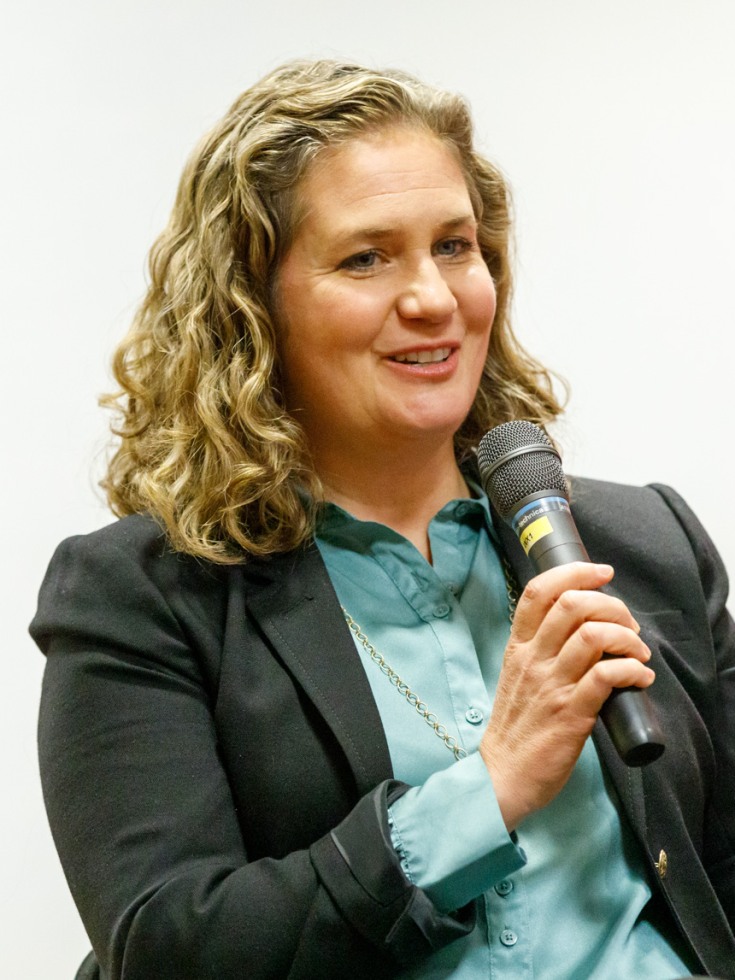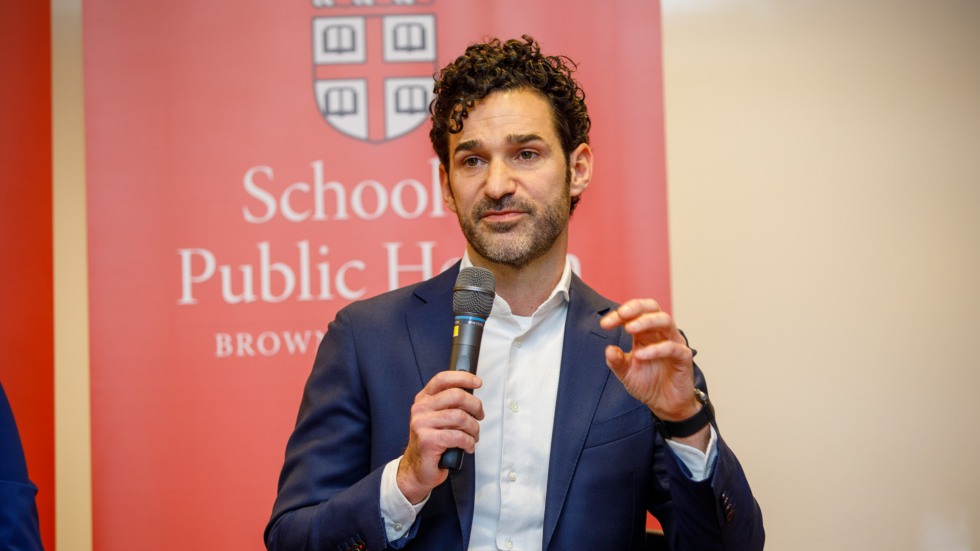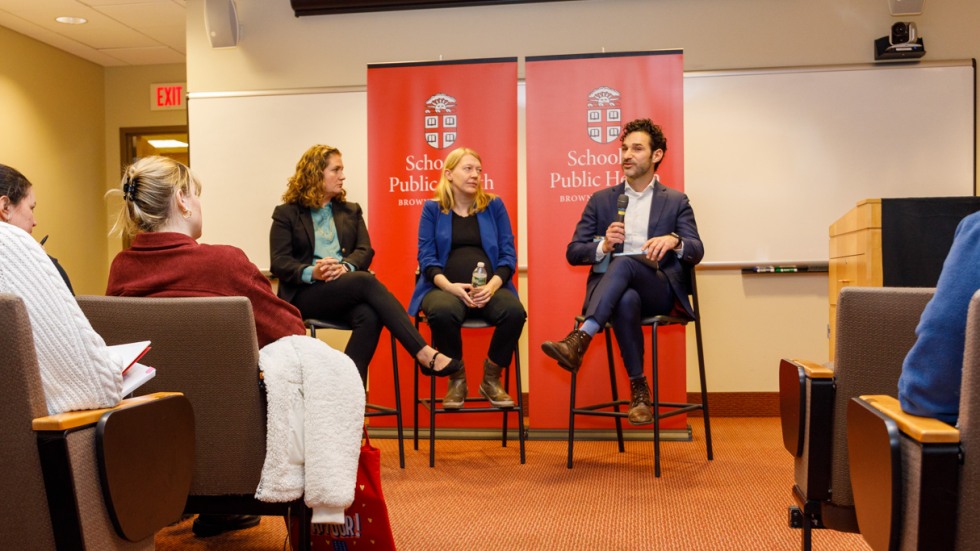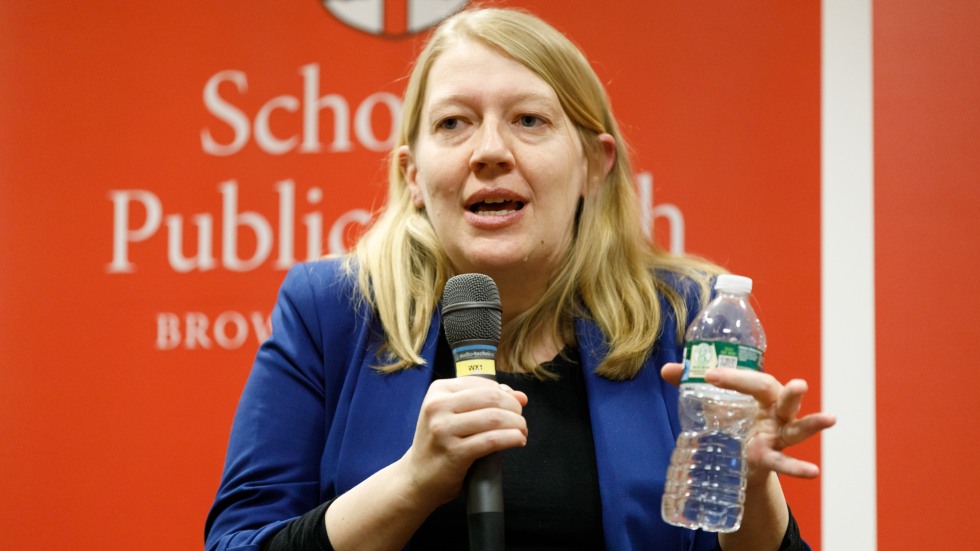The impact of climate change on our health is a growing concern, as the Earth’s rising temperatures threaten not just the natural world but also our health and well-being. The World Health Organization has identified climate change as the paramount health threat to humanity, and the effects are being felt globally. This issue is not just a future concern, but a pressing issue that demands immediate attention and action.
This was the message from experts at the first installment of the Climate & Health seminar series held at Brown University’s School of Public Health. The seminar, entitled “Will Climate Change Cause the Next Pandemic?” focused on the connection between a warming planet and public health, with a call for a concerted, interdisciplinary effort across universities, hospitals and governments.
Dr. Megan Ranney, deputy dean of the School of Public Health, opened the event by saying that the world is already feeling the impact of climate change. “Millions of people around the world face fires, floods, and extreme temperatures. This corresponds to a rise in respiratory illness, worsening mental health and an increase in firearm injuries, which surge during days of extreme heat. We are also seeing the potential emergence and spread of new vector-borne diseases.”
The panel comprised Dr. Craig Spencer, associate professor of the practice of health services, policy and practice, Jennifer Nuzzo, founding director of the Pandemic Center and professor of epidemiology, and Rachel Baker, assistant professor of epidemiology and of environment and society.
Panelists discussed how factors such as rapid urbanization, globalization, habitat destruction, and cramped living conditions for farm animals exacerbate the spread of infectious diseases. They also addressed the increasing uncertainty surrounding the duration of seasonal illnesses and the speed at which new pathogens are emerging.
“We’re seeing more year-round diseases,” said Baker. “Patterns of scale with latitude give us a sign that climate change might be involved. How is climate change going to alter these patterns? How will it alter the timing and intensity? We need evidence-based policies on how to measure and mitigate these risks.”



